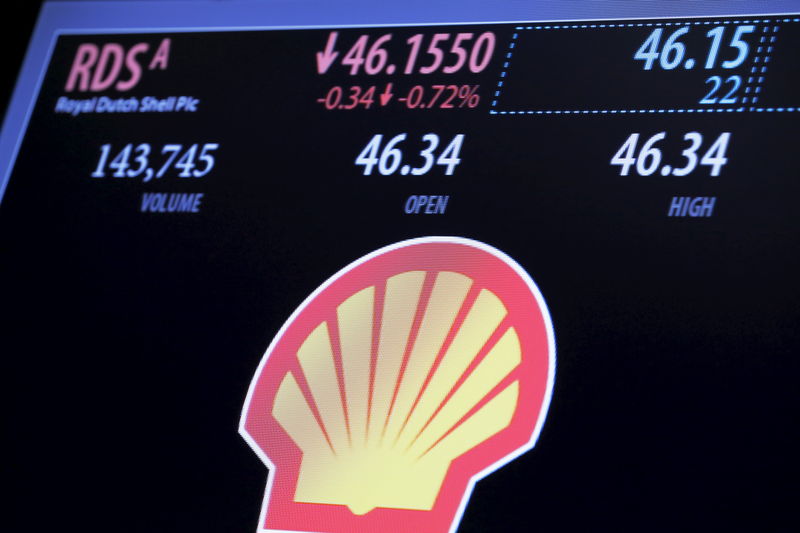This post was originally published on this site
https://i-invdn-com.akamaized.net/news/LYNXNPEC0Q0XR_M.jpg
Investing.com – European stock markets traded in tight ranges Thursday, after Wednesday’s sharp losses to start the month, with the tone remaining cautious as investors awaited key U.S. unemployment data later.
At 3:55 ET (0755 GMT), the U.K.’s FTSE index traded 0.4% higher, France’s CAC 40 was up 0.2%, while the DAX fell 0.2%. The broader based Stoxx 600 Europe index was flat.
The three cash indices all posted losses of around 4% Wednesday as the damage done by the virus outbreak continued to weigh on investor sentiment.
Oil and gas stocks led the way as crude prices bounced strongly after President Trump stated late Wednesday that Russia and Saudi Arabia would make a deal to end their price war within a “few days”. Royal Dutch Shell (LON:RDSa) shares were up 6.9% while BP (LON:BP) shares rose 6.5%.
Global oil prices have fallen by roughly two-thirds this year as the coronavirus has slammed global economies at the same time major producers Saudi Arabia and Russia have started to flood the market with oil.
At 3:55 AM ET, U.S. crude futures traded 9.0% higher at $22.13 a barrel. The international benchmark Brent contract rose 9.3% to $27.04.
Delivery Hero (DE:DHER) shares dropped 2% after the online food delivery marketplace announced measures to support restaurants that are trying to survive coronavirus lockdowns by ramping up deliveries to consumers stuck at home.
Shares in Credit Agricole (PA:CAGR) climbed 3% after it cancelled the 2019 dividend following a recommendation from the European Central Bank. This follows similar steps taken by many of its European peers.
While the Financial Conduct Authority’s proposal of a range of new measures to support households, including three-month payment freezes on loans and credit card debt, weighed on U.K. banks. HSBC dropped 4% while Lloyds (LON:LLOY) fell 1.8%.
Still, most eyes Thursday will be on the release of the latest unemployment data in the U.S. later in the session.
The starkest evidence of the economic damage caused by the coronavirus pandemic came last week when weekly U.S. initial jobless claims, one of the earliest gauges of economic trends, jumped to 3.28 million, blowing past the previous record of 695,000 set in 1982.
Economists expect claims for first-time unemployment benefits to have jumped by 3.5 million last week, when the figures are released at 8:30 AM ET (1230 GMT).
The forecasts in a Reuters poll range from 1.5 million to 5.25 million.
In Europe, meanwhile, Spain registered its largest ever monthly rise in jobless, as over 302,000 people filed for benefits in March.
Elsewhere, gold futures rose 0.9% to $1,606.50/oz, while EUR/USD traded at 1.0939, down 0.2% on the day.


